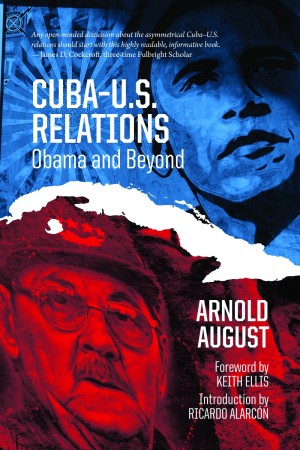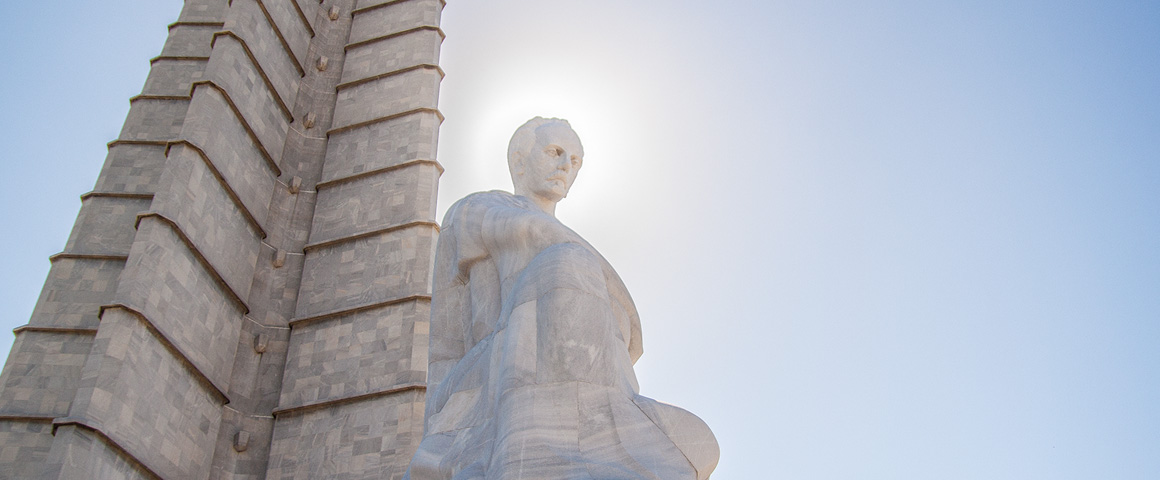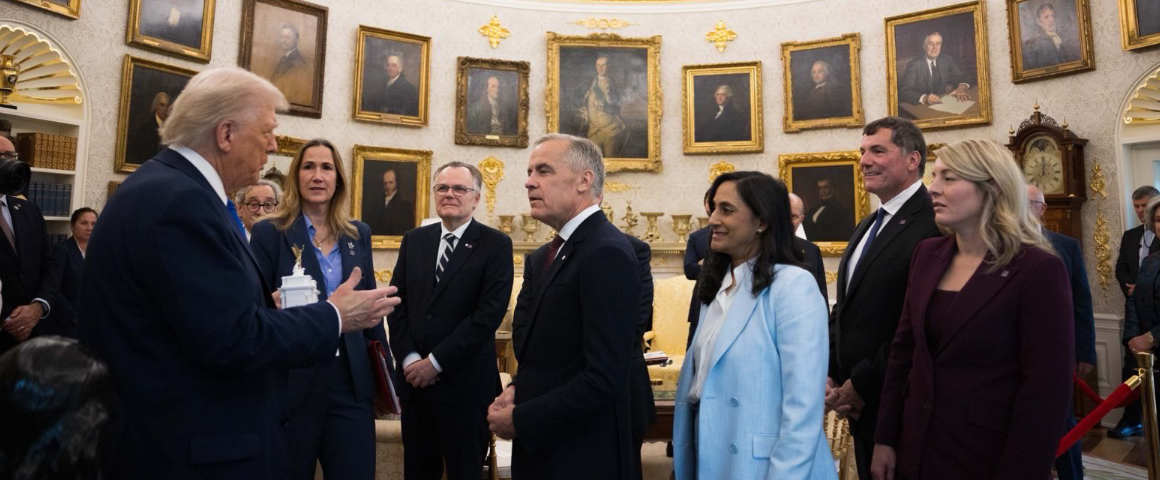Cuba-U.S. Relations-Obama and Beyond, by Arnold August, Fernwood Publishing, (2017)
A new book by Canadian journalist and political scientist, Arnold August, titled “Cuba-U.S. Relations-Obama and Beyond,” has a well-written foreword by eminent Canadian scholar Keith Ellis, who writes, “Arnold August brings to the task his finest gift, his superbly developed talent as a journalist.”. In his introduction, Ricardo Alarcon, former permanent representative of Cuba to the United Nations, former Minister of Foreign Affairs, and Deputy and President at the National Assembly of People’s Power, recalls that Che Guevara’s warning, “never trust imperialism, not one iota,” remains “as relevant as ever.”
There is no doubt that August does not trust imperialism either.
The main focus of the book is an informed assessment of the scope and impact of the historic three-day visit to Cuba in March 2015, the first by a U.S. president in nearly a century, following joint declarations by Barack Obama and Raul Castro on December 17, 2014 to re-establish Cuba-U.S. diplomatic relations.
Much of the content presented in the book is based on articles written by the author in recent years, which shows August’s long-standing study, research and foresight about many aspects of Cuba U.S. relations. For example, he condenses six of his previous articles in the first chapter, to set the stage for the “historical/political context” going back to the inception of U.S. policy on Cuba. This is a good memory refresher and a clear response to Obama’s much-criticized stance during his visit asking Cubans to forget the long history of constant U.S. intentions to annex the island, and the subversion attempts against the Cuban Revolution.
Throughout the book one gets the feeling that the author writes from a solid Cuban standpoint, as someone who has close knowledge of current events in the country and follows its political pulse. This does not make it a biased book, rather one that gives Cubans a voice that has been silenced by the Western media for almost 60 years. This personal perception is corroborated by a full chapter dedicated to interviews with five Cuban authors and analysts who are active writers and bloggers, and who “contribute one or more specific perspectives” on Cuba-U.S. relations.
From them we hear, for instance, about the “hegemonic status of the U.S.” such that the “asymmetry…is so marked that one cannot speak of a normalcy based on equality between parties.” One cannot speak of “normalization” but rather of “co-existence between opposites.”
Another analyst interviewed by August alerts us more explicitly, “Obama is engaging with civil society with a view to identifying the sectors that will come on board with the changes to Cuba policy that he wants to put in place”. The former president “has a carrot for civil society and a stick for the revolutionary government.” This is a sentiment fully shared by August.
It is precisely because of this “new” engagement with Cuban civil society and individuals, much more prominent through the wider use of the Internet among Cubans, that the author refers repeatedly to the perceived danger of cultural aggression as the ultimate weapon to undermine the Revolution. The notion of cultural aggression is not new, but it is much more recognizable now as a serious challenge for Cuba.
August writes: “The point of view that refuses to recognize the reality of the cultural war and pretends that it somehow disappeared with the Cold War, or 17D, has now in effect merged into the cultural aggression against Cuba. The cultural war’s long historical antecedents and dangerous wide-ranging shifts in appearances over time do not leave room for neutrality.”
August is clearly not neutral. As a French Canadian he is quite well versed on the threats of a dominant culture. He goes on to write, “The danger is amplified because the defence of the Obama policy increasingly exists both on and off the island, and they rely heavily on each other.”
In addition to the more obvious danger of an incipient “private sector” that could be easily co-opted by the U.S. to undermine the socialist system, August also refers to the subtler World Learning initiative for “leadership” training launched by the U.S. Agency for International Development as moving “from aggression to seduction” of Cuban youth.

It is not a secret that within Cuba there is an ongoing broad debate about the hope for Cuba-U.S. relations. It is evident that August decided to make his book part of that debate. He does not shy away from a direct challenge to those Cubans whom he perceives to have “the mindset that assists the U.S. in subtly introducing its new tactics to achieve its same goal of regime change.” This may also be a challenge for the reader.
The book was published before we learned of U.S. President Trump’s much-publicized announcement of “reversal” of Obama’s policies towards Cuba. However, it is still a timely read mostly because Obama’s policy changes were more cosmetic than substantial. While the respective embassies remain open, the small concession for U.S. citizens to be able to travel to Cuba under fewer restrictions is now gone. The bulk of the U.S. blockade on Cuba was never changed and the U.S. occupied territory of Guantanamo has not been returned. Also remains the U.S. government continued goal of regime change in Cuba.
Will this push some Cubans to “miss” Obama’s rhetoric about Cuba? Will it confirm without doubt the long history of Cuba-U.S. relations and help close ranks around socialism?
At this particular time – when Cuba fights back the continued economic challenges, and the ongoing U.S. designs on the island, when Cuba brings about the necessary changes established by the Lineamientos (Guidelines), when Cuba moves towards its new social economic model while preserving the socialist system, and when Cuba is about to experience the first government without the historical leadership of the revolution to take place in 2018 – those of us in the Cuba solidarity movement must be alert but never fail to trust that Cubans are at the frontline of the Revolution. In order to do that we must support and rally for strong unity while the dialogue and debates will continue on and off the island.




